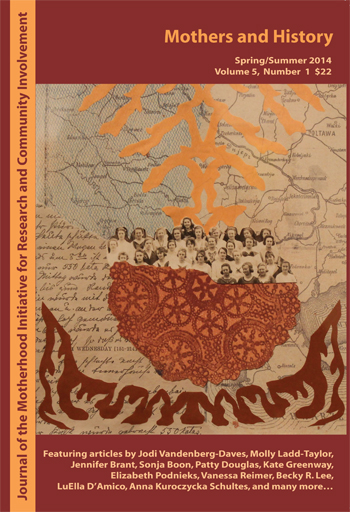Epistolary Labours: Reading Childbirth and the Politics of Reproductive Medicine in Two Eighteenth-Century Women’s Letters
Abstract
Birth stories, as numerous scholars have observed, are central aspects of maternal identity. Such stories build community, enabling women to navigate what Fiona Nelson (2009) has referred to as the “culture of motherhood.” In this essay, I offera detailed analysis of two eighteenth-century birth stories. I argue that these two narratives, both written by elite women during the second half of the eighteenth century, allow the contemporary reader a window not only into eighteenth-centuryexperiences of childbirth, but more importantly, into the tensions that sometimes arose between labouring women and the medical personnel who were meant to support them.Downloads
Published
How to Cite
Issue
Section
License
All intellectual property in relation to material included on this site belongs to the Motherhood Initiative for Research and Community Involvement (MIRCI). All material on this site is protected by Canadian and international copyright and other intellectual property laws. Users may not do anything which interferes with or breaches those laws or the intellectual property rights in the material. All materials on the Motherhood Initiative for Research and Community Involvement (MIRCI) are copyrighted and all rights are reserved. Any reproduction, modification, publication, transmission, transfer, sale, distribution, display or exploitation of the information, in any form or by any means, or its storage in a retrieval system, whether in whole or in part, without the express written permission of the Motherhood Initiative for Research and Community Involvement (MIRCI) is prohibited. Please contact us for permission to reproduce any of our materials. This site may include third party content which is subject to that third party's terms and conditions of use.


